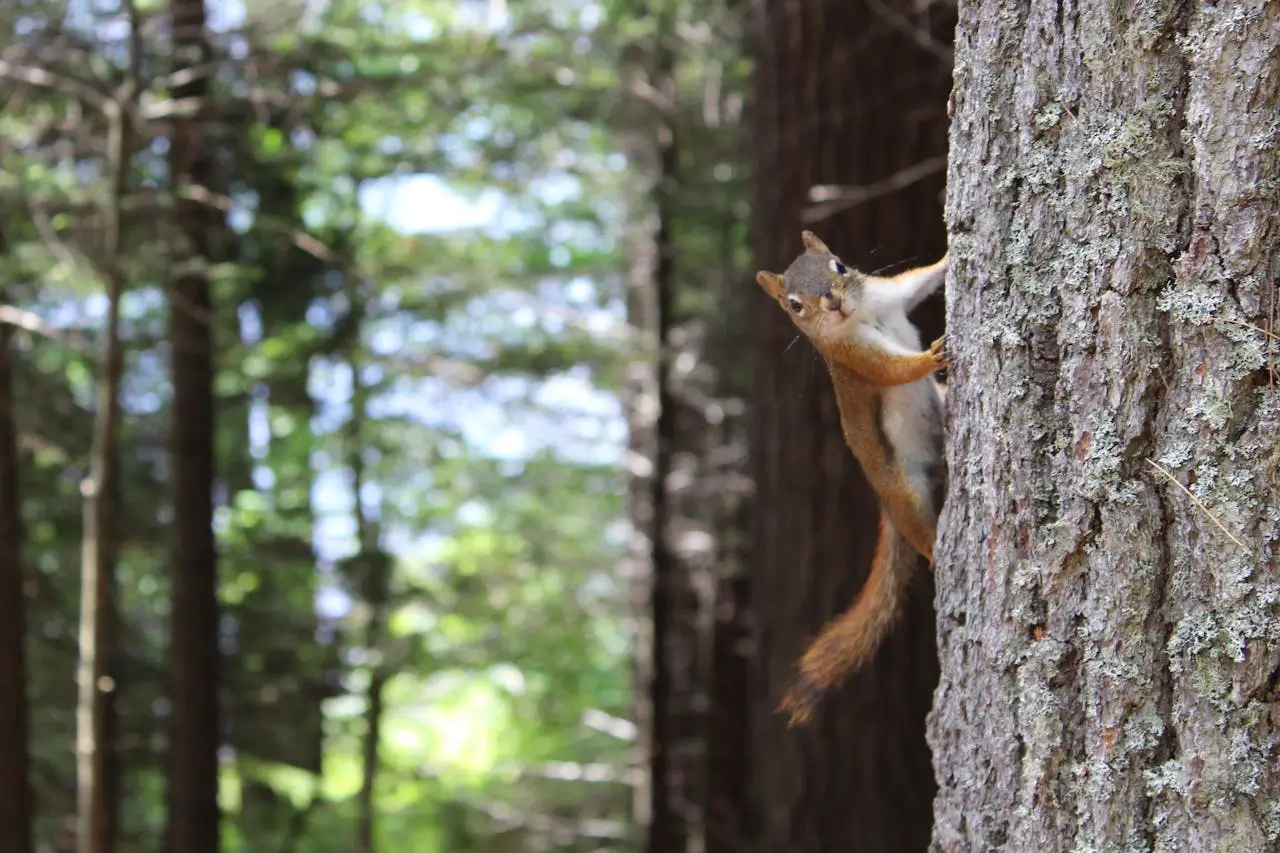Is Curiosity An Emotion?
Remember being a child and how we played the “what’s that” game? While our parents answered us at will.
This game isn’t necessarily fun, but it is more of a need to understand our environment to gauge what’s safe versus not. Human evolution helps to ensure humanity survives and is a biological need.
Still, the question of curiosity, at least in my case, spreads beyond the physical and is intertwined with knowing the various subjects that catch my attention. I find myself, and maybe you do this as well, intrigued by topics that I want to understand better.
The subjects themselves can be sporadic, but I have this urge to learn more in the end. This became so evident that it sparked this article questioning curiosity as a whole.
In this post, I explore interest and why there is this ‘need’ to learn more.
Let’s Dive In
As a species, we rely on curiosity to survive, and the question of is curiosity an emotion that arises once again. Sure, back hundreds of years ago, curiosity probably cost many human lives. Do I eat this weird-looking mushroom, or too late now?
That’s how we discovered coffee or chocolate. I often wondered how we found out you can peel this plant, boil it, make something delicious, and eat it.
Curiosity! Whether through curiosity or an accident, this is how we enjoy many things in our current lives. The point is, when leveraged correctly, we can use our curious nature to our advantage, and with today’s knowledge, we can do that in a much safer way.
Technology advancements now enable a whole host of curious minds to learn new things like exploring our universe, dealing with a pandemic and so on.
The S.U.C.C.E.S.S Framework
Humans have needs. This particular post from Dr. John Kotter states we have seven fundamental human needs described with the acronym S.U.C.C.E.S.S
- Safety and survival
- Understanding and growth
- Connection (love) and acceptance
- Contribution and creation
- Esteem, Identity, Significance
- Self-direction (Autonomy), Freedom, and Justice
- Self-fulfillment and self-transcendence
Safety and Survival are the first two categories in Maslow’s hierarchy of needs.

Another way to identify direction is to ask yourself, what do I need to accomplish to wake up feeling I belong in this world, love what I do, and am valuable to the world?
These inborn needs have been responsible for our individual and group survival as a species and continue to play a significant role in the evolution of human society.
Does A Wandering Mind Play A Part In Curiosity?
A particular study intended to research if our minds wander when going about our day. A wandering mind might occur while working, jogging, watching TV, playing with our kids and so on.
The researchers in this study developed an app that would randomly ping users and ask them questions about mood, their mind wandering at all, and what activity they were doing.
Researchers found that minds wandered 46.9%.
In conclusion, a human mind is a wandering mind, and a wandering mind is an unhappy mind. The ability to think about what is not happening is a cognitive achievement that comes at an emotional cost.
https://www.sciencedirect.com/science/article/abs/pii/S0191886922005748
A surprising result indicated when our minds wander, we typically are not in a happy state negatively affecting our moods. That is interesting, and sometimes I do notice that I tend to drift away and often it is not a happy thought when reading.
Perhaps curiosity is another form of mind wandering. Maybe that new shiny object resulted from our minds wandering away. LOOK SQUIRREL, making way for further information for our brains to analyze.
The question is can we leverage this wandering mind to our advantage? Something that comes to mind is meditation.
Can we use meditation to let our minds wander enough that we begin to pull out positively, direction, and calmness?
Meditation Effects Curiosity
Meditation has been used for decades, and its strong point is the ability to control our thoughts and desires from the roots of our brains.
The context of meditation provides individuals with a unique and intimate opportunity to closely examine the nature of the wandering mind by cultivating an awareness of ongoing thought patterns while simultaneously aiming to cultivate equanimity (evenness of temper or disposition) and compassion toward the content of thoughts, interpretations, and bodily sensations.
(source)[https://journals.sagepub.com/doi/abs/10.1177/1745691620917340]
The relevance of studying internal experience has garnered ample attention over the last decade. Detailed phenomenological descriptions of the benefits of meditation, as well as the impact of mind-wandering on well-being, have been documented in scholarly Buddhist texts dating back over two thousand years (Santi-deva, 1961).
Throughout these ancient writings, an emphasis is placed on how attention becomes habitually prone to mind-wandering, agitation, and vapidity (Wallace, 1999), a mental state referred to as the ‘monkey mind.’
Meditation is a strategy that we can use to help us rain in our thoughts, if you will. At the very least, from a benefits standpoint, clarity, emotional well-being, and helping with clinical disorders are worth trying.
On a personal note, I will need to do more research on the type of meditation for beginners, and from what I did briefly read, “Mindfulness of Breathing” is most likely where I would start.
I will try meditating for 30 days and report back on my thoughts and progress.
Final Thoughts
Curiosity has a role in our everyday lives. From an evolutionary standpoint, curiosity helped us navigate the world, exploring and learning what we could do versus what was dangerous and should be avoided.
Curiosity leads us to creation and problem-solving. Drumming up new ideas leads to several exciting inventions, some successful, others not.
In today’s day in age, curiosity can be perceived as sensory overload. For instance, I am typing this on my laptop, but my cell phone is next to me, and my TV is a few feet away.
I can become easily distracted and simply move away from typing this article. The abundance of choice around me.
Instead, it may be a good idea to remove yourself from the distractions to limit or minimize the chance of our minds wandering.
Perhaps the need to learn is a choice so intertwined in my DNA, and I am okay with that.
The next phase of this journey is to try and harness what is needed to become more productive. Use my curiosity to accomplish instead of leading to overabundance.
Maybe removing specific tasks, goals, or projects and concentrating on the most important ones. Exploring productivity and how to apply techniques such as the Pomodoro timer or the Get Stuff Done (GTD) framework can be explored.
One thing I do know is I love to learn. I find it satisfying and rewarding. It’s my brain’s food and something I will continue to improve on.
Remember to always be curious within reason, of course.


